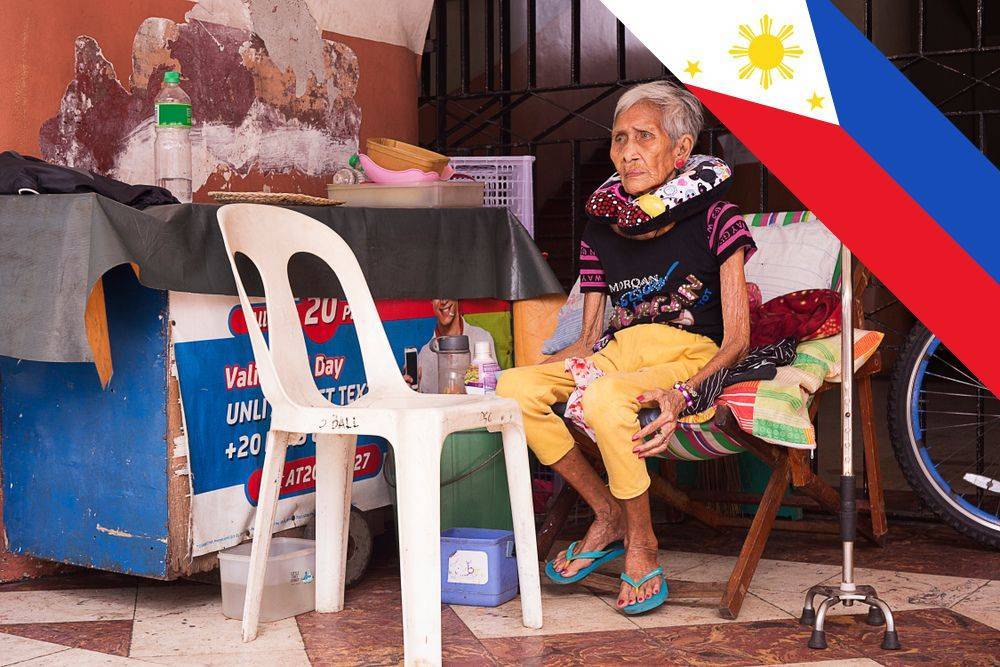Manila’s city government, under the leadership of Mayor Honey Lacuna, is taking significant steps to improve the health and well-being of its elderly. In her recent State of the City Address on 30th July, Mayor Lacuna highlighted the administration’s commitment to health programmes for 180,000 senior citizens.
The city placed an emphasis on extending life expectancy and ensuring a high quality of life. They are exploring new methods to complement existing interventions.
“Magnificent Manila”: A Comprehensive Health Vision
Mayor Lacuna, a medical doctor by profession, has long prioritised healthcare in her public service career. She expressed a clear vision for “Magnificent Manila,” focusing on comprehensive policies related to nutrition, exercise, air quality, and environmental cleanliness. These initiatives aim to create a supportive and healthy environment for all residents, particularly the elderly. “Through policies on food, exercise, clean air and environment, among others, these are the real intentions of the health programmes of ‘Magnificent Manila’,” she stated. Despite financial constraints, the city has continued to launch and complete essential programmes that benefit a significant portion of the population.
Strengthening the City’s Health Infrastructure
Manila’s health cluster, managed by Lacuna since her tenure as vice mayor during the COVID-19 pandemic, includes the Manila Health Department and six city-run hospitals. These facilities offer free health services to residents and have earned ISO (International Organization for Standardization) certification. The hospitals—Ospital ng Tondo, Justice Jose Abad Santos General Hospital, Ospital ng Sampaloc, and Sta. Ana Hospital—along with the Manila Health Department, have all met international standards.
“ISO certification is an assurance of a high quality of our health services and an organised system of our hospitals. This is proof that in terms of health, our city is slowly becoming world class,” Mayor Lacuna remarked. The certification reflects the city’s dedication to maintaining high standards and continuous improvement in healthcare services.
Expanding Access to Health Services
Manila’s extensive network of over 40 health centres plays a crucial role in providing accessible healthcare. These centres offer essential services, including simple laboratory tests for blood, cholesterol, and urinalysis. Each centre is equipped with electrocardiogram (ECG) and ultrasound services, ensuring that patients do not need to seek these services in other costly places.
Additionally, the city has implemented innovative solutions like portable vans offering free dental X-rays, mobile laboratory, and X-ray services. Residents also benefit from free maintenance medicines, a critical service for managing chronic conditions and ensuring ongoing health.
Youth Health Initiatives: Fostering a Healthy Future
While the city focuses on the elderly, it has not overlooked the younger population. The “Walang Batang Manileñong Bungi sa 2030” programme aims to promote oral health among children. Under this initiative, Kindergarten and Grade 1 pupils receive fluoride treatments and sealants to protect their teeth. The programme has also provided over 100 high school students with free dental braces and dentures, addressing dental health issues early on.
To combat teenage pregnancy, the city has launched the “Responsable Ako: Huwag Maging Biba [Batang Ina, Batang Ama]” adolescent health programme. This initiative reaches various high schools and is supported by the “Ang Bata, Bata, Planado kang Ginawa Safe Motherhood Program.” Since the programme’s inception, the number of family planning acceptors has increased significantly, from 36,000 to 157,872.
Conclusion: A Holistic Approach to Health
Manila’s comprehensive approach to health and well-being reflects a deep commitment to its residents. By focusing on the needs of the elderly and other vulnerable groups, the city government is ensuring a better quality of life for all. The enhancements in healthcare services, coupled with targeted youth health initiatives, demonstrate a strategy that supports the city’s vision of a healthier, more vibrant community. As these programmes continue to evolve, Manila sets a strong example of proactive and inclusive public health policy.
Have a pressing question for a doctor? Medical Channel Asia has launched a community forum page where you can get questions answered by a medical specialist. Visit the community forum here.

